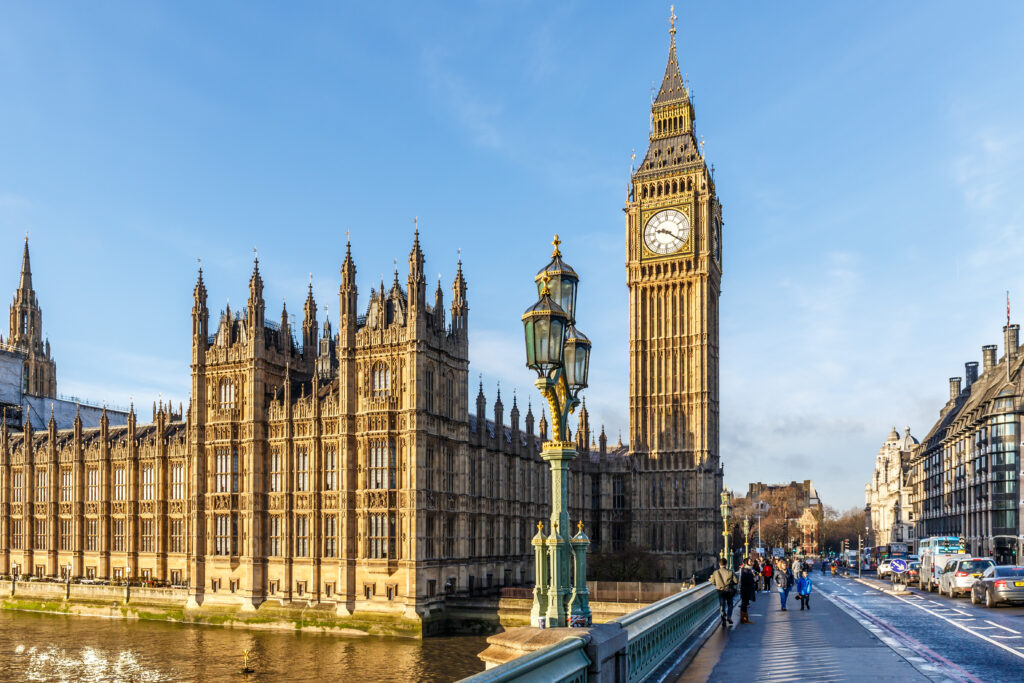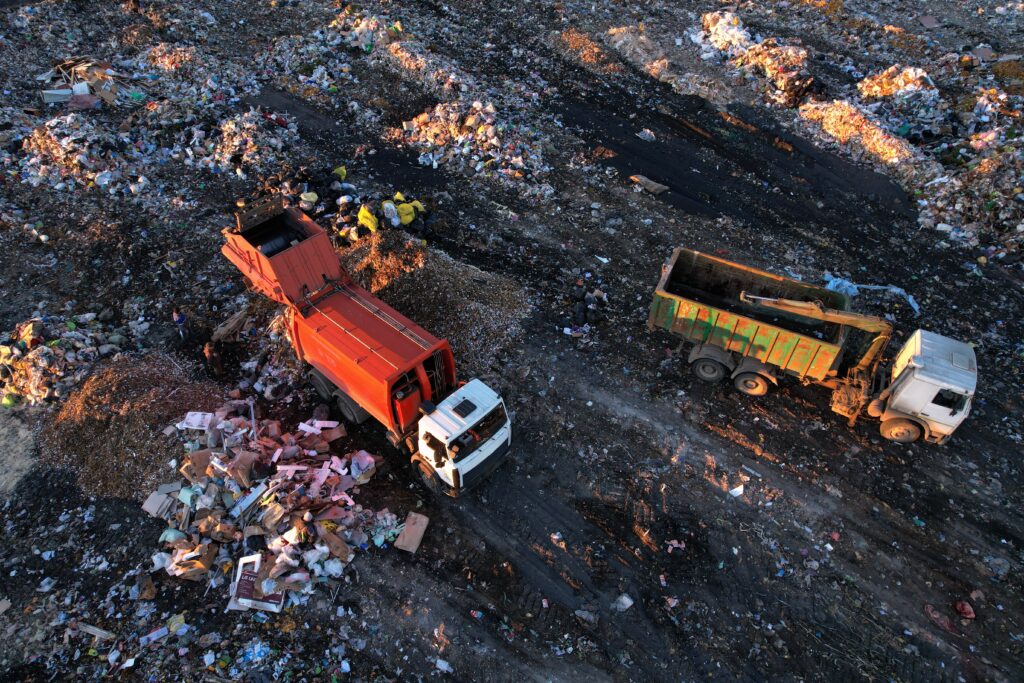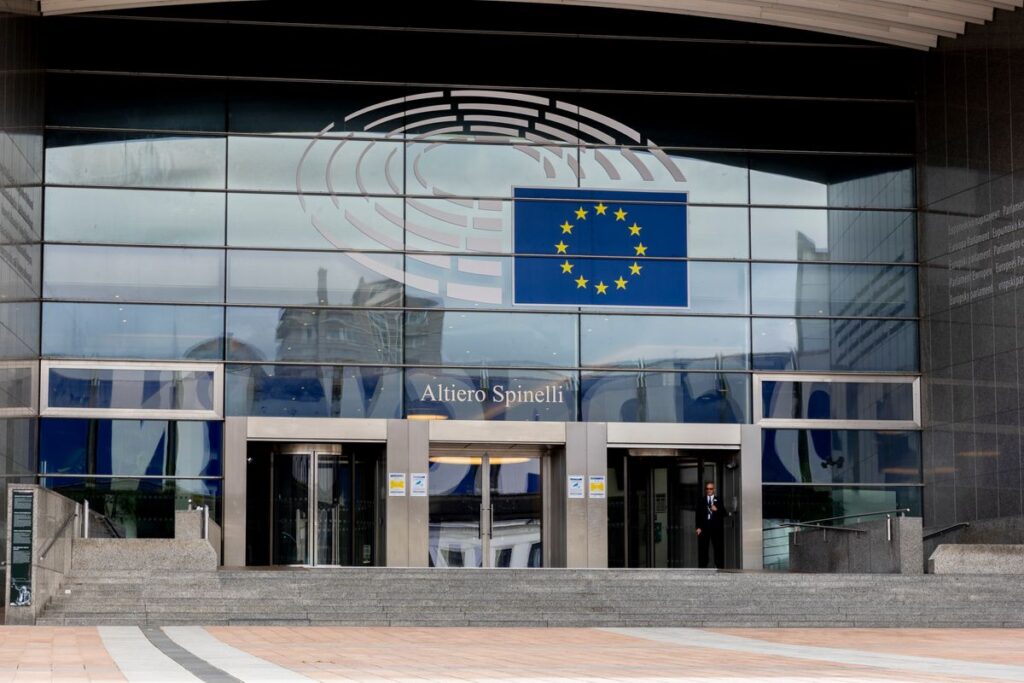The Local Authority Recycling Advisory Committee told an audience at the Chartered Institution of Wastes Management exhibition in Torbay last week that it would cut costs further down the line if WEEE is separated at collection points.
” If sites are able to offer separate collections of each type of WEEE at the source it would save on separation costs further down the line.“
– Neil Ferris, LARAC
Neil Ferris, LARAC's policy manager, said householders bring WEEE items separately to CA sites, and that therefore it would make sense to keep categories of waste electronics separate.
Last month the British Retail Consortium announced that local authorities would receive between 5,000 and 6,000 from the BRC's retailer compliance scheme towards improvements needed for the collection of WEEE at CA sites (see letsrecycle.com story).
Although some local authorities believe this level of funding may not be sufficient, producer responsibility scheme REPIC has said it will be providing its designated sites with separation containers for five groups of electrical items (see letsrecycle.com story).
Savings
Mr Ferris said LARAC believes that a large payment paid out to local authorities for major upgrades at the early stage would actually lead to savings further down the line. “Although local authorities have no obligation to separate the waste at the beginning, it is possible for them to do it, as long as the costs are covered,” he said.
He added: “And if sites are able to offer separate collections of each type of WEEE at the source it would save on separation costs further down the line.”
Mr Ferris also pointed out that many residents expect electrical equipment to be separated at the point of collection. However, the LARAC policy manager said that because the European WEEE Directive – the driving force for changes in how waste electronics are to be dealt with – is a producer responsibility measure costs should not be covered by local authorities.
He said: “This legislation is producer responsibility, it is very important that this is indeed the case and it is producers that pay. We want producer responsibility legislation in the UK to be in an optimum position. We don't want them to be over the top on producers, but we don't want the costs passed onto local authorities.”








Subscribe for free